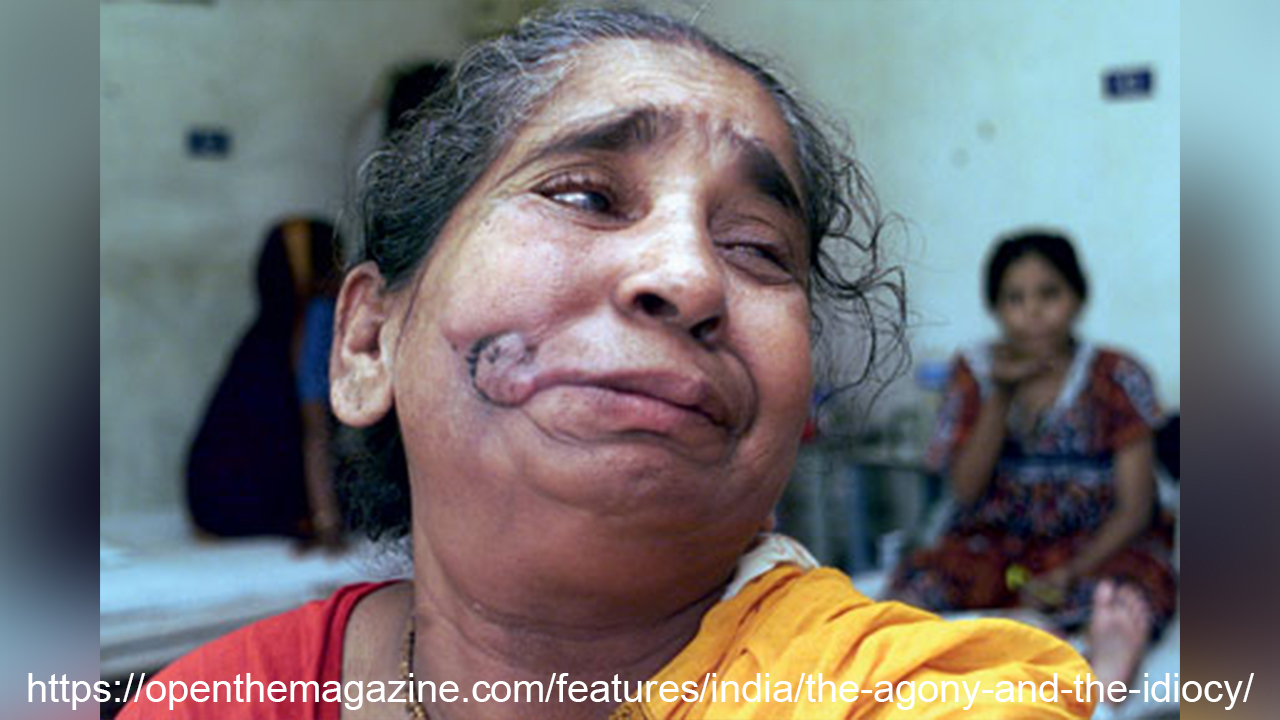Cancer is being diagnosed and treated at various levels in the Government health care system. While doctors with D. M. (Medical Oncology), M.Ch (Surgical Oncology) and M.D. (Radiation Oncology) treat Cancer patients in higher-level tertiary care hospitals, Cancer is also being treated in hospitals by other Doctors such as General Surgeons, Gynecologists, ENT Surgeons etc., depending on the type and site of Cancer. The cancer survival rate is generally believed to depend upon, amongst others, stage at diagnosis, stage of initiation of treatment, type and site of cancer, correct and complete treatment. Overall mortality rate in India is lower than that of many other countries including USA.
To tackle the challenge of Non-Communicable Diseases (NCD), including cancer, 599 NCD Clinics at District level and 3,274 NCD Clinics at Community Health Centre level have been set up under National Programme for Prevention and Control of Cancer, Diabetes, Cardiovascular Diseases and Stroke (NPCDCS). Population-level initiative for prevention, control and screening for common NCDs (diabetes, hypertension and common cancers viz. oral, breast and cervical cancer) has also been rolled out under the National Health Mission (NHM) in over 215 districts. Screening of common NCDs including three common cancers i.e. oral, breast and cervical is also an integral part of service delivery under Ayushman Bharat - Health and Wellness Centres. Several measures have been taken to discourage the use of tobacco products, which is one of the key risk factors of Cancer. Other initiatives like promoting healthy lifestyles through healthy eating and regular physical activity are also being undertaken.
To enhance the facilities for tertiary care of cancer, the Central Government is implementing Strengthening of Tertiary Care for Cancer Scheme, under which setting up of 18 State Cancer Institutes and 20 Tertiary Care Cancer Centres have been approved. Further, Oncology is also one of the focus areas in case of new AIIMS and many upgraded institutions under Pradhan MantriSwasthya Suraksha Yojana (PMSSY). Setting up of National Cancer Institute at Jhajjar in Haryana and second campus of Chittaranjan National Cancer Institute, Kolkata are also steps in the same direction. Treatment of various cancers is also available under Ayushman Bharat - Pradhan Mantri Jan ArogyaYojana (PMJAY).
The Tata Memorial Centre (TMC), through the Department of Atomic Energy, has also taken initiative to address the problem of cancer, which includes:
Setting up of six other cancer centres in different parts of the country functioning at par with TMC, Mumbai. These are located in Varanasi (two centres), Guwahati, Sangrur, Vishakapatnam and Mullanpur. These centres would cater to a large number of patients with cancer in all four zones of the country. The two campuses in Mumbai (Parel and Navi Mumbai) are also undergoing expansion in capacity.
(ii) TMC has established the National Cancer Grid, which is a network of 193 cancer centres, research institutions, patient groups, professional societies in the country with the mandate of creating uniform standards of cancer care in India.
The Minister of State (Health and Family Welfare), Shri Ashwini Kumar Choubey stated this in a written reply in the Lok Sabha 13/12/2019.

 Cancer is being diagnosed and treated at various levels in the Government health care system. While doctors with D. M. (Medical Oncology), M.Ch (Surgical Oncology) and M.D. (Radiation Oncology) treat Cancer patients in higher-level tertiary care hospitals.
Cancer is being diagnosed and treated at various levels in the Government health care system. While doctors with D. M. (Medical Oncology), M.Ch (Surgical Oncology) and M.D. (Radiation Oncology) treat Cancer patients in higher-level tertiary care hospitals.






.jpeg)
.jpeg)
.jpeg)
.jpeg)
.jpeg)
.jpeg)
.jpeg)
.jpeg)






.jpeg)

.jpeg)







.jpg)


